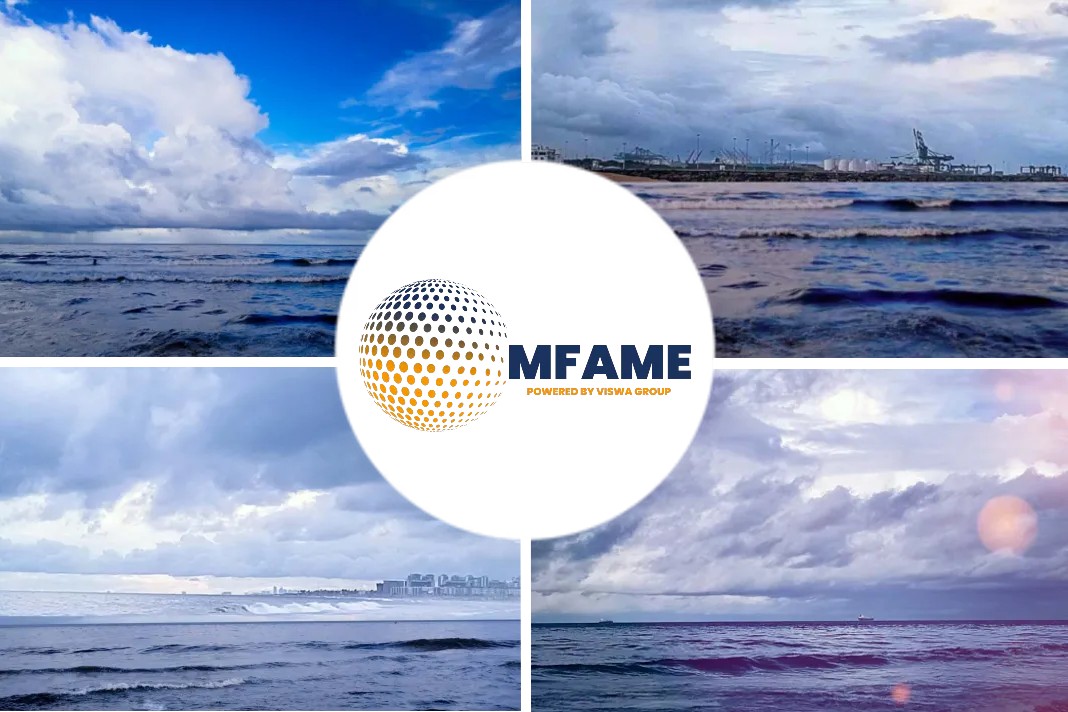
The bunkering of the Stena Germanica at the Port of Gothenburg earlier this week marked a world first methanol ship-to-ship (STS) refuelling of a non-tanker vessel, reports Financial Post.
Prior to the milestone event on Monday (23 January), the vessel, which began operating on methanol in 2015, had been bunkered solely by trucks.
Door-opening demonstration
‘This is a door-opening demonstration, proving that there is a feasible way to handle ship-to-ship methanol bunkering,’ said Christoffer Lillhage, Senior Business Development Manager Energy at the Gothenburg Port Authority. ‘This strengthens our position as a bunker hub and is also showcasing for other ports that this can be done in a safe and efficient way – not only here, but in other ports around the world as well.’
Maria Tornvall, Head of Sustainability at Stena Line, added: ‘We welcome ship to ship bunkering as a tool to achieve a stable and efficient supply chain for methanol which is critical in Stena Line’s shift to alternative fuels and to retain our position as a leader in sustainable shipping.’
Methanol bunkering
Port of Gothenburg, which last April became the first in the world to publish operating regulations for methanol bunkering, said the bunkering had been made possible through the collaboration of several different stakeholders, including tanker operator E&S, which carried out the bunkering, and methanol producer and supplier Methanex which provided the fuel.
‘As the world’s largest producer and supplier of methanol, we’re pleased to continue our collaboration with Stena Line to demonstrate that methanol is a leading alternative, cleaner burning, future-proof marine fuel,’ said Karine Delbarre, Senior Vice President, Global Marketing & Logistics at Methanex. ‘This first ship-to-ship methanol bunkering for a non-tanker, leveraging our partners E&S Tankers and Port of Gothenburg, is further evidence that methanol is globally available, safe to ship, store and handle using procedures similar to those for conventional marine fuels.’
Looking ahead, Lillhage said the Port of Gothenburg was aspiring to become the ‘primary bunkering hub for alternative marine fuels in northern Europe’. ‘Today we are one step closer to that goal and we are ready to receive more methanol vessels,’ he said.
Did you subscribe to our daily Newsletter?
It’s Free! Click here to Subscribe
Source: Financial Post


















